Turns out people haven’t stopped writing about the same themes.
The books we read in Lit Hum and CC are important; they give us opportunities to think about love, revenge, politics and who should lead us, empire and colonialism—issues that continue to define our lives and our societies from ages past to today.
But what if we could consider those issues while also reading about hyperintelligent spiders, the destruction of the Moon, a talking key, and time travel? The number crunchers here at Bwog have put together a non-comprehensive list of speculative fiction books you could be reading instead of the Lit Hum and CC curriculum while taking in all the same themes—for this first part, we’ll be looking at only the Lit Hum books. (But stay tuned!)
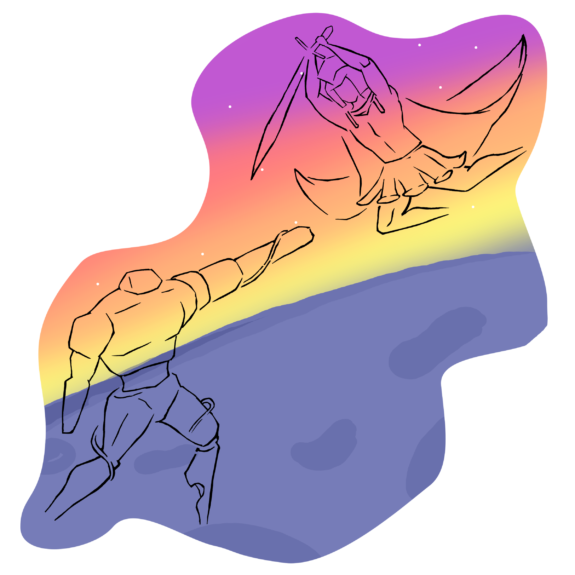
The Iliad by Homer | Terra Ignota series by Ada Palmer
Great heroes determine the course of the war in Homer’s epic—Achilles, Hector, Odysseus, Ajax, Agammemnon, Paris all have their roles to play. Palmer’s Terra Ignota series (Latin for “unknown lands”) asks the question of how to replicate that in the 25th century, when wars, economies, and societies are determined algorithmically and by committee. Featuring a similarly massive cast of kings, criminals, and warriors, Terra Ignota is your book of choice to replace the Iliad.
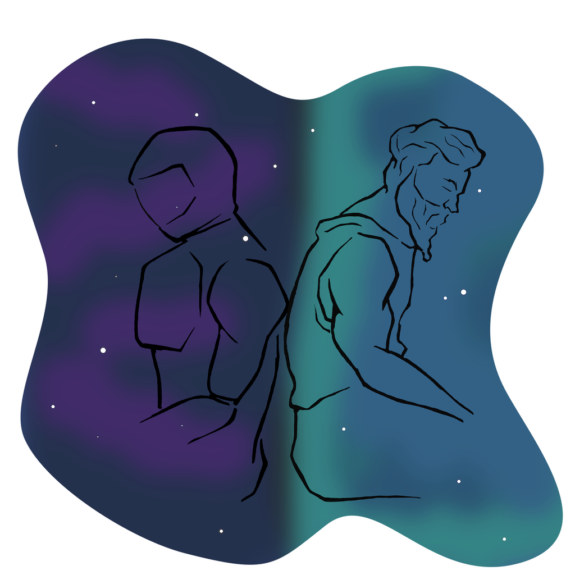
The Odyssey by Homer | The Martian by Andy Weir
Local man is stranded across the known world from his home and must find his way back through cleverness, ingenuity, and the help of voices from the sky. Less divine voices in the Martian, to be fair, but neither does the Odyssey start with “I’m pretty much fucked.” Even Emily Wilson’s translation doesn’t quite give the eponymous hero that kind of vocabulary.
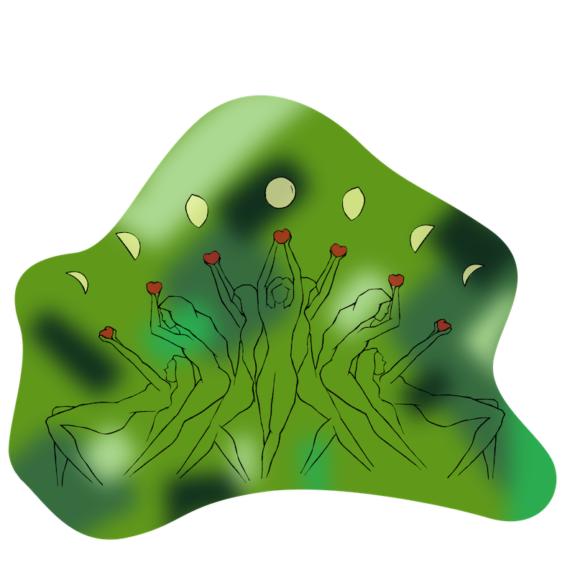
Genesis, Bible | Seveneves by Neal Stephenson
Take the Bible—humanity begins from Adam and Eve (ignoring genetic diversity issues), then faces a natural disaster of world-shattering proportions—and reverse its order. Humanity faces the end of the world, and must race against time to preserve what people it can, and, hopefully, reclaim Earth in the future. Even the title itself references the Lit Hum book it can stand in for: Seveneves the palindrome: seven Eves to keep humanity alive.
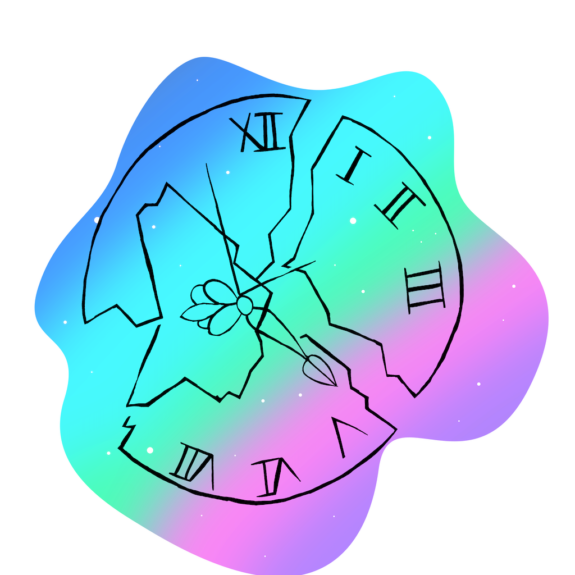
Fragments of Sappho | This Is How You Lose The Time War by Amal El-Mohtar and Max Gladstone
What little Lit Hum classes can read of Sappho is broken into innumerous fragments, their meaning changed by the millenia separating their writing and our reading. This Is How You Lose The Time War is an epistolary story, the full tale only seen through the letters which have survived—and a sapphic love story at that, between two agents on opposite sides of a war. A time war, which also means, of course, time travel.

The Oresteia by Aeschlyus | Dune by Frank Herbert
In the first book of the Oresteia, the king of a great empire is murdered in cold blood by a rival for the throne; his son, far away, becomes set on revenge. No spoilers for the movie or the book, which is experiencing something of a revival at the moment (well explained by a fellow Bwogger), but revenge cycles in the upper echelons of empire turn out to be a timeless theme. The classic Frank Herbert book makes a great stand-in for the ancient Greek play.
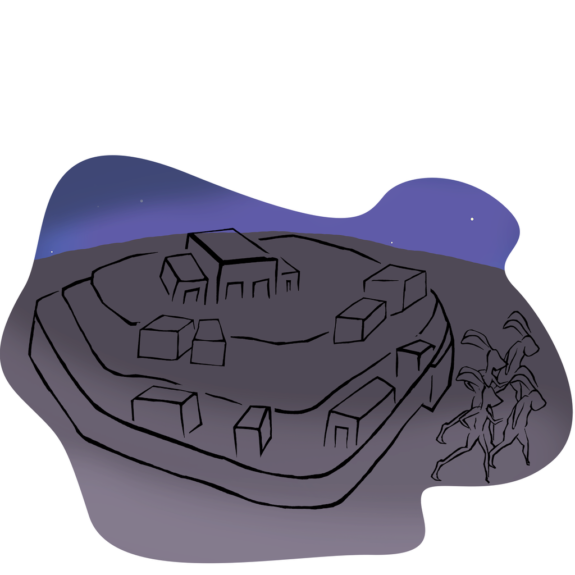
The Aeneid by Virgil | Watership Down by Richard Adams
A group of exiles must leave their home as it is destroyed, setting off on an epic journey of perils and temptations before eventually founding a new city destined for greatness. Only in Watership Down, the characters are all rabbits. Close parallels between the two books—Fiver, the rabbit, can foresee the future but is never believed, as Cassandra of Troy is ignored—mean the stories are forever intertwined.
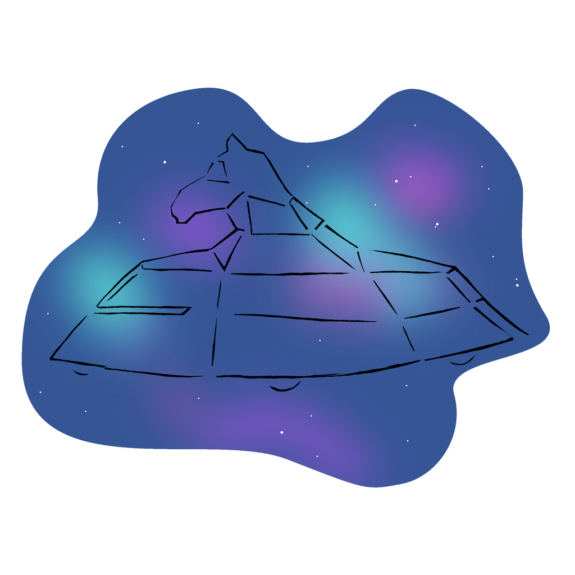
Don Quixote by Miguel de Cervantes | The Expanse by James S.A. Corey
In Don Quixote, Rocinante is a stolid, steady workhorse, unamused by the antics of its rider. But what if it were a state-of-the-art Martian warship? James Holden of the Expanse is a noble, but hopelessly naive protagonist for the 23rd century, stumbling his way into the most important political events of the Solar System with his trusty crew behind him. The adjective “quixotic” is thrown around more than once, and for good reason.
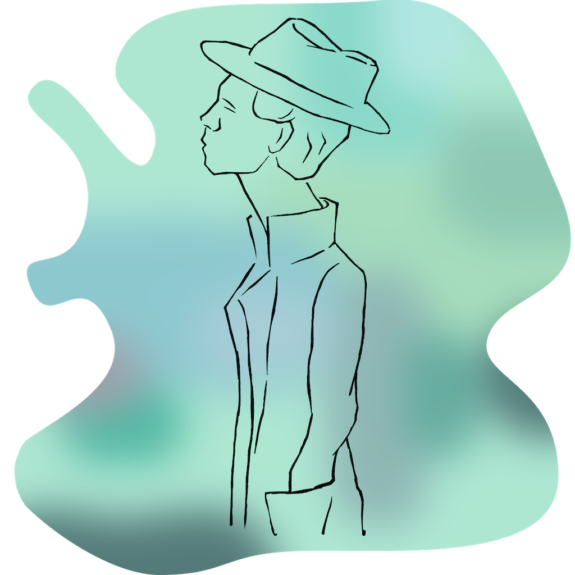
Pride and Prejudice by Jane Austen | The Eyre Affair by Jasper Fforde
To be honest, The Eyre Affair deals less specifically with the themes of Pride and Prejudice than it tackles 15th-19th century English literature overall, including, to no shock, Jane Eyre. It’s also just good fun: our protagonist is Thursday Next, a literary detective dealing with gang wars over who authored Shakespeare’s plays, a resurrected pet dodo, and a dangerous new superweapon named STONK.
Illustrations by the wonderful Shane Maughn


 0 Comments
0 Comments